Blog
Drift into Dreamland Effective Strategies to Fall Asleep Fast
- Daniel Hastings
Table of Contents
Do you find yourself tossing and turning in bed, unable to escape the clutches of insomnia? You’re not alone. Sleep is essential for overall health and well-being, yet many of us struggle to fall asleep quickly and peacefully. Fortunately, there are various proven strategies and techniques to help you conquer those restless nights and drift into dreamland with ease. In this comprehensive guide, we’ll explore a range of effective strategies to help you fall asleep fast and enjoy a more restful night’s sleep.
Understanding the Importance of Sleep
Before we delve into the strategies to fall asleep quickly, let’s briefly recap why sleep is so crucial. Sleep plays a vital role in maintaining physical and mental health. It supports:
1. Physical Recovery Sleep allows the body to repair and regenerate tissues, aiding in muscle growth and immune system function.
2. Cognitive Function A good night’s sleep enhances cognitive functions such as memory, problem-solving, and creativity.
3. Emotional Well-being Quality sleep helps regulate emotions and reduces stress and anxiety.
4. Energy Restoration Sleep provides the necessary rest and rejuvenation to feel alert and energetic during waking hours.
Now, let’s explore a variety of strategies to help you fall asleep quickly and enjoy the numerous benefits of a restful night’s sleep.
1. Create a Sleep-Friendly Environment
a. Optimize Bedroom Conditions
– Keep your bedroom cool, ideally between 15-19°C.
– Make sure your mattress and pillows are comfortable and supportive.
– Use a sleep mask to block out light.
– Eliminate noise with earplugs or white noise machines if needed.
– Ensure proper ventilation to maintain fresh air.
b. Remove Electronic Distractions
– Avoid screens (phones, tablets, TVs) at least an hour before bedtime, as the blue light emitted can interfere with sleep.

2. Establish a Consistent Sleep Schedule
a. Stick to a Routine
– Go to bed and wake up at the same times every day, even on weekends. This helps regulate your body’s internal clock.
b. Limit Naps
– If you must nap during the day, keep it short (20-30 minutes) and avoid late-afternoon naps that could disrupt night-time sleep.
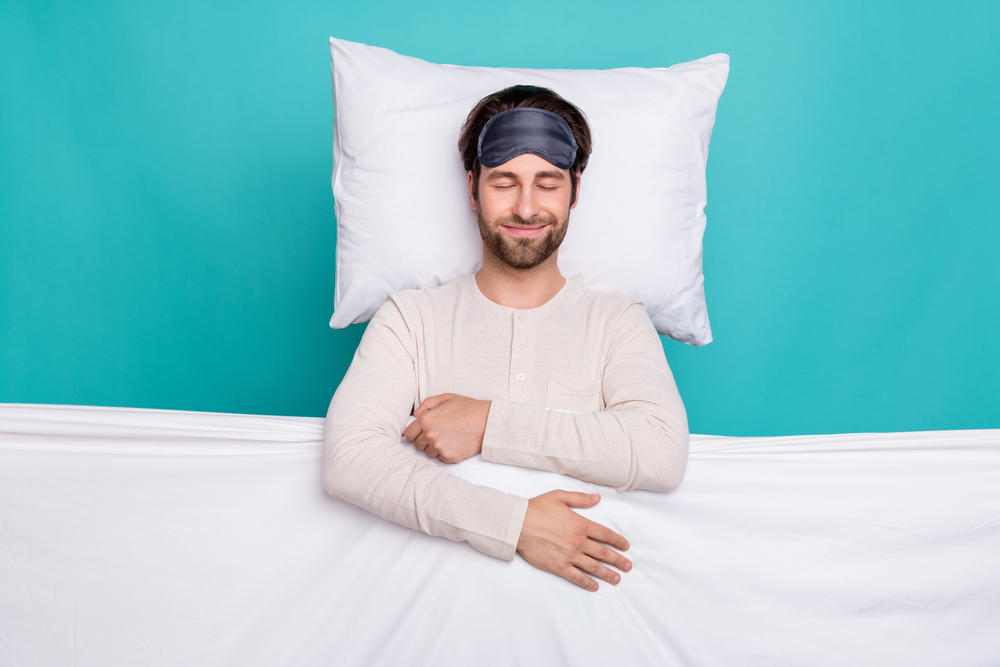
3. Mindful Eating and Drinking Habits
a. Watch Your Diet
– Avoid large, heavy meals close to bedtime as they can cause discomfort and indigestion.
– Limit caffeine and alcohol intake, especially in the hours leading up to bedtime.
b. Hydrate Moderately
– Dehydration can be uncomfortable, but excessive fluid intake before bed may lead to night-time awakenings to use the bathroom.

4. Relaxation and Stress Reduction
a. Practice Relaxation Techniques
– Engage in relaxation exercises like deep breathing, progressive muscle relaxation, or meditation to calm your mind.
b. Create a Bedtime Routine
– Establish a calming pre-sleep routine to signal to your body that it’s time to wind down. This could include reading a book, taking a warm bath, or listening to soothing music.

5. Manage Your Thoughts
a. Write Down Worries
– If you find yourself ruminating on concerns, jot them down in a journal to address them the following day.
b. Mindfulness and Meditation
– Mindfulness practices can help you stay in the present moment and prevent your mind from racing with anxious thoughts.

6. Physical Activity
a. Regular Exercise
– Engaging in regular physical activity can improve sleep quality, but avoid vigorous exercise close to bedtime, as it can be stimulating.

7. Cognitive Behavioral Therapy for Insomnia (CBT-I)
a. Professional Help
– Consider seeking help from a therapist trained in CBT-I, a structured program proven to be effective in treating insomnia.
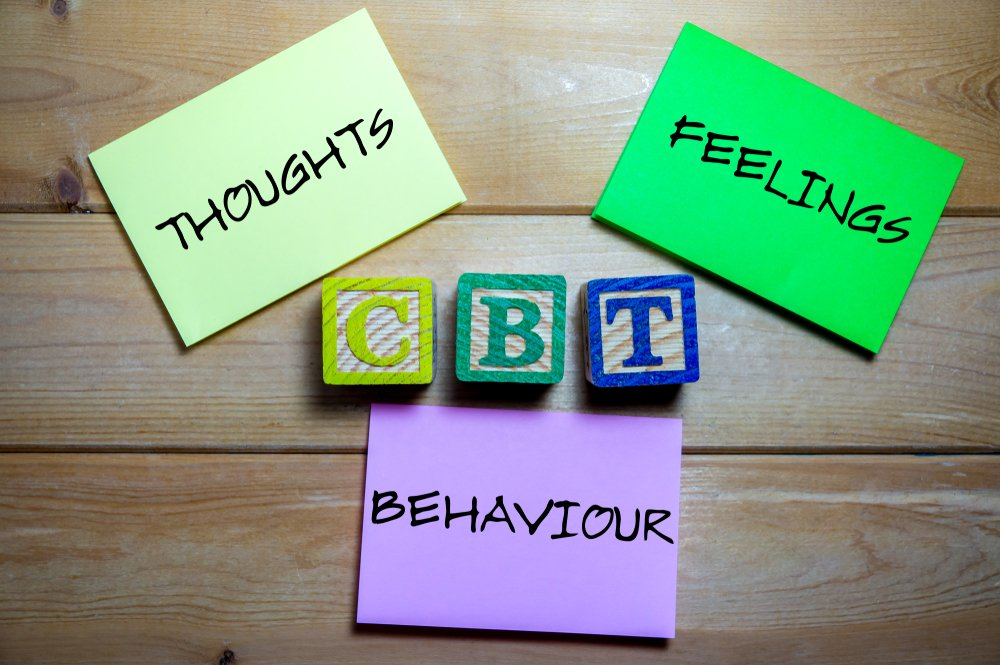
8. Limit Clock Watching
a. Turn Clocks Away
– If you frequently check the time during the night, turn your clocks away or place them out of sight to reduce anxiety about not sleeping.
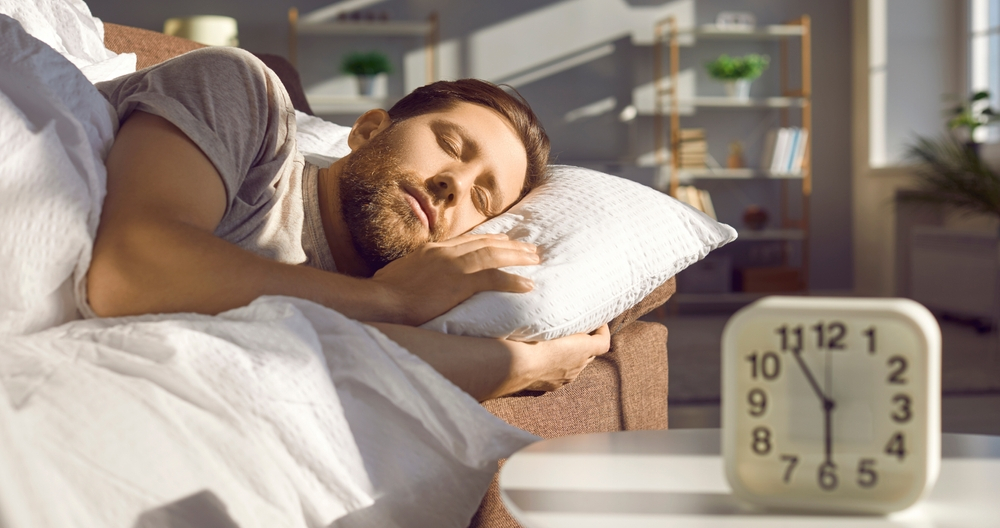
9. Sleep-Friendly Aids
a. Natural Supplements
– Consult with a healthcare professional before using supplements like melatonin or valerian root.
b. White Noise Machines
– Some people find white noise machines helpful in drowning out disruptive sounds.
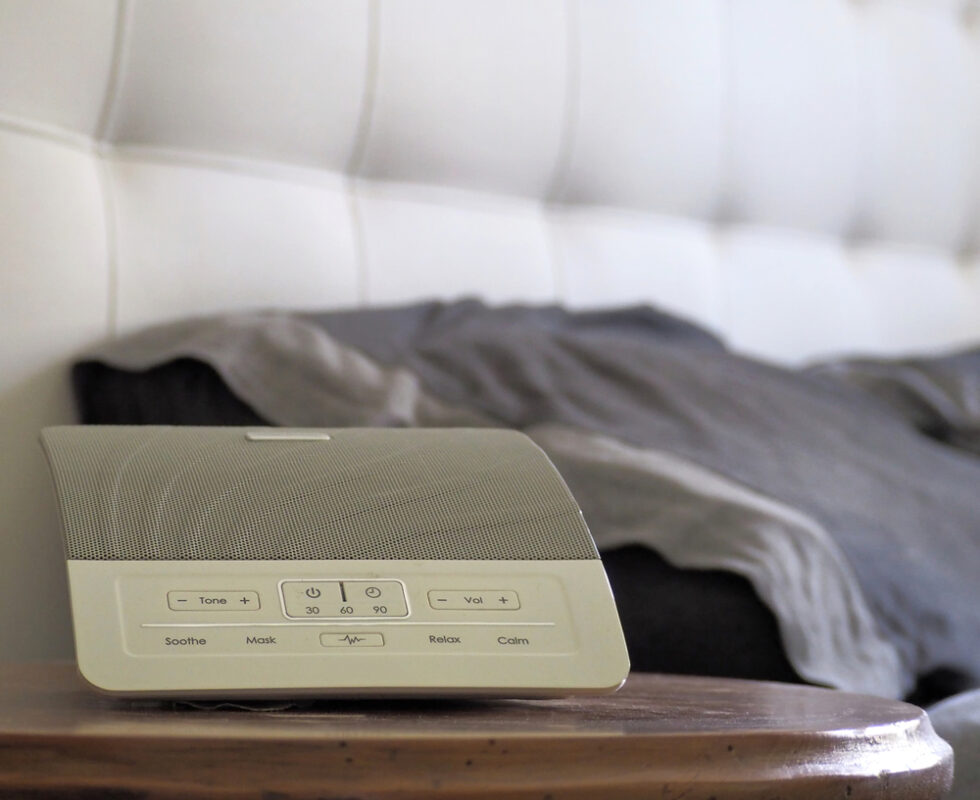
10. Professional Evaluation
a. Underlying Conditions
– If insomnia persists despite your efforts, consult a healthcare provider to rule out underlying medical or psychological conditions that may be affecting your sleep.

11. Limit Daytime Naps
a. Short, Early Naps
– If you need a nap, keep it short (20-30 minutes) and take it earlier in the day to minimize interference with nighttime sleep.

12. Limit Liquid Intake Before Bed
a. Hydration Balance
– Stay hydrated throughout the day but reduce liquid intake in the evening to minimize the need for bathroom trips during the night.
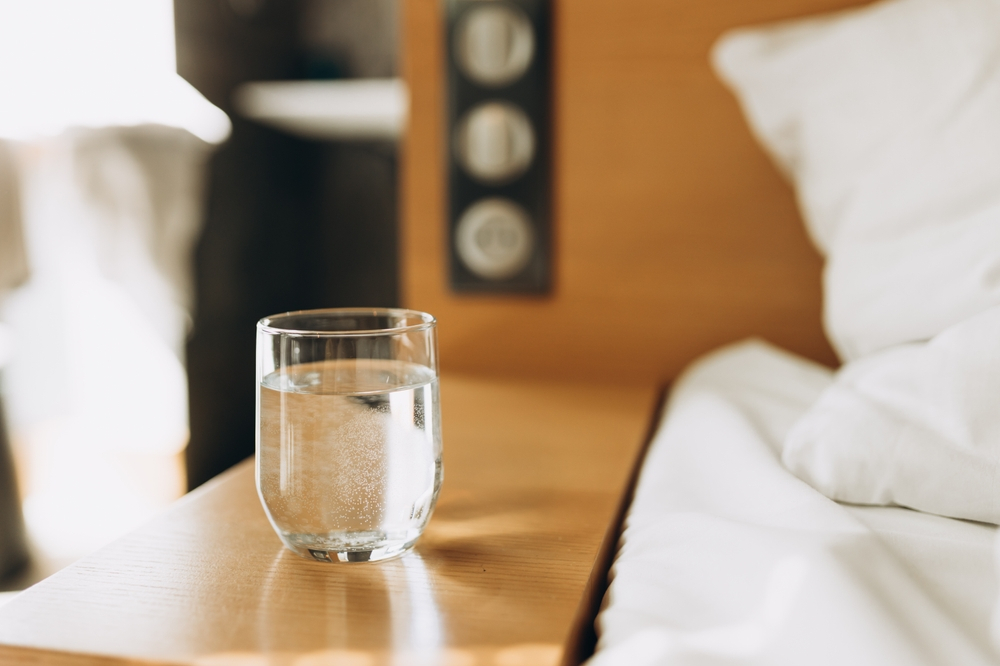
13. Cognitive Behavioral Therapy (CBT) for Insomnia
a. Professional Guidance
– CBT is a structured approach that can help you identify and address thoughts and behaviors contributing to insomnia.
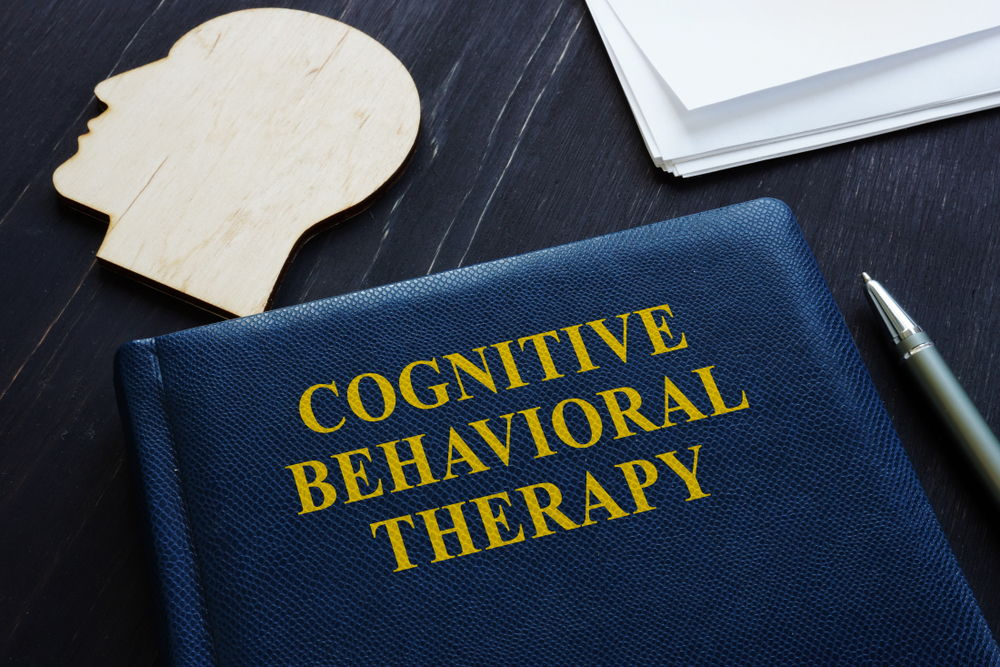
14. Consider Sleep Medications as a Last Resort
a. Prescription Medications
– Consult with a healthcare provider before considering prescription sleep medications, as they should only be used under professional guidance and as a last resort.

In conclusion, the journey to falling asleep quickly and enjoying restful sleep can be achieved through a combination of lifestyle changes, relaxation techniques, and mindful practices. By implementing these strategies and making sleep a priority, you can pave the way for a more restful and rejuvenating night’s sleep, ultimately improving your overall well-being and quality of life. Remember that consistency and patience are key, and it’s essential to consult with a healthcare provider if you continue to experience sleep difficulties despite your efforts. Sweet dreams!





















































